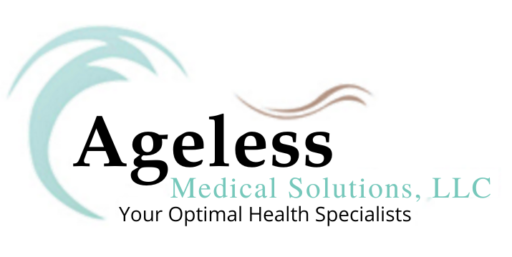Frequently Asked Questions
What is Age Management Medicine?
Aging can be measured using known medical indicators that signify the expected aging progression. Age management medicine is a lifetime program to slow, pause or reverse signs and symptoms of that progression. At Ageless Medical Solutions, we develop effective, personalized age management medicine programs.
What methods are used to determine an appropriate Age Management Medicine program?
A complete set of medical tests are conducts that include functional and cellular level tests. Functional level test include: visual accommodation, auditory response, and memory succession. Cellular tests may include skin biopsies and biochemical tests for hormone and cholesterol levels and DNA for damage to hereditary matter.
Can the aging process be reversed?
Yes, in some areas. Studies using anti-aging interventions saw specific improvements in skin tightness and moisture, mental speed and clarity, enhanced sexual function, elevated mood and energy levels, improved aerobic capacity, greater immune function and increased wound healing capacity.
What is involved in hormone replacement therapy?
Hormones are chemical messengers that control bodily functions. Aging depletes the body’s hormonal levels. We measure a person’s level of hormones and prescribe balanced hormone replacement to restore hormone levels to where they were in the persons mid- 30s. In many cases, this can be done naturally through lifestyle or nutraceutical supplementation. If not, bio-identical hormone replacement is prescribed.
What kind of results should I expect from hormone replacement therapy?
In most cases, an increase in energy is the most noticed immediate result. Also, better sleep and more optimism are noted. Body composition changes in a few weeks of an age management program. Marked improvement is often seen at 4-6 months with a closely adhered to plan.
Are the treatments covered by insurance?
Insurers are geared more toward the treatment of disease than preventive medicine. So these consultations and treatments are usually not covered by insurance. However, some labs may be covered by insurance.
